Probiotics and Brain Health: A New Frontier for Parkinson’s Support?

While there is still no cure for neurodegenerative diseases like Parkinson’s, science is uncovering new ways to help manage symptoms — and one of the most promising paths starts in the gut.
The gut-brain axis, a complex communication network linking the digestive system and central nervous system, has become a major focus in Parkinson’s research. Disruptions in gut microbiota (dysbiosis) have been linked to neuroinflammation, compromised blood-brain barrier (BBB) integrity, and accelerated neuronal loss.
Key Findings from MDPI’s Review
A comprehensive 2023 review published in the International Journal of Molecular Sciences explored the role of probiotics in Parkinson’s disease.¹ It found that:
• Probiotics like Lactobacillus plantarum PS128 helped protect dopaminergic neurons, reduce neuroinflammation, and improve motor symptoms such as tremors and stiffness.
• Probiotic supplementation improved non-motor symptoms, including constipation and sleep disturbances.
• Certain strains supported Blood-Brain Barrier integrity, which is often impaired in Parkinson’s patients, offering protection against inflammatory damage.
These effects suggest that targeted probiotic therapy may complement traditional treatments by modulating the gut-brain connection.
Confirmed by Harvard and NCBI
These conclusions are supported by other leading research bodies:
• Harvard Medical School emphasizes the gut-brain connection’s role in regulating mood, cognition, and inflammation.²
• A systematic review on NCBI highlights that Parkinson’s patients commonly experience gut microbiota imbalance and that probiotic use can help restore balance and reduce symptoms.³
This growing body of evidence points to a shared scientific understanding: the gut plays a key role in neurodegenerative disease progression, and probiotics can help.
Cerenovex: Backed by Science
Cerenovex is formulated to support gut-brain balance, a key factor in overall cognitive health and well-being. By helping maintain a healthy gut microbiota and supporting communication along the gut–brain axis, Cerenovex contributes to clarity, focus, and daily resilience.
References:
2) https://www.health.harvard.edu/diseases-and-conditions/the-gut-brain-connection


